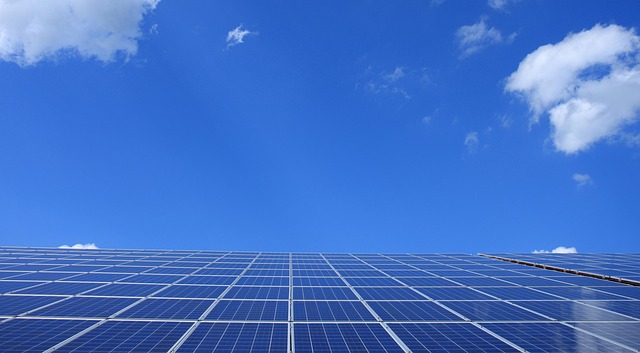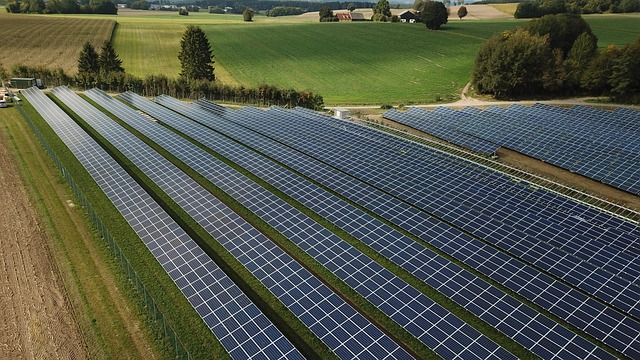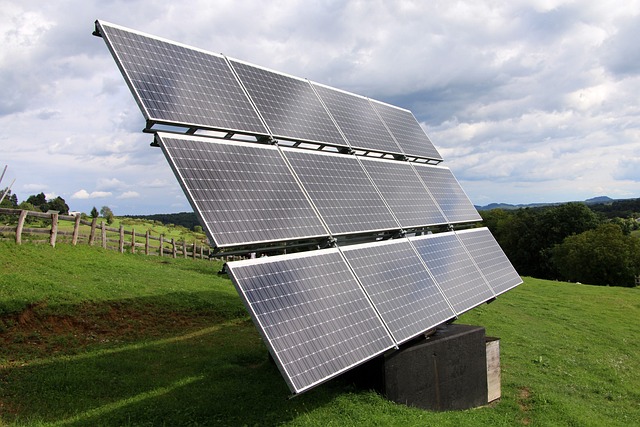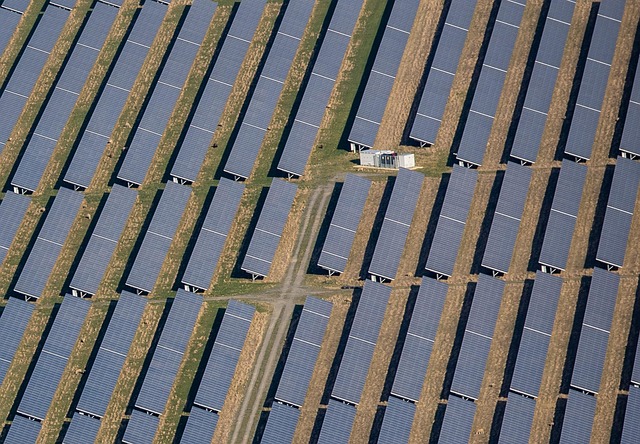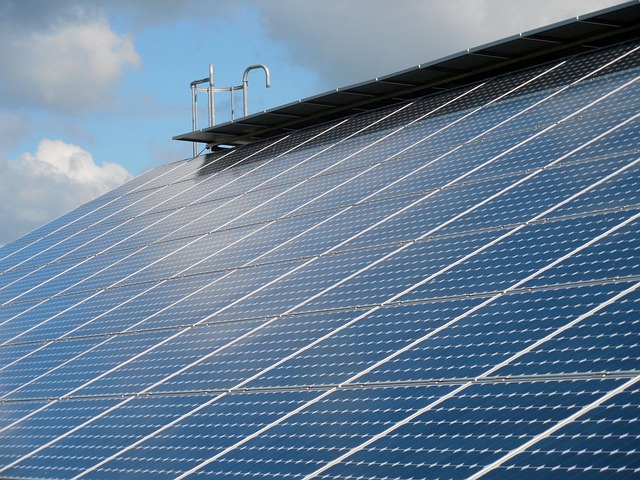Real Estate professionals can significantly reduce electricity expenses through energy consumption evaluation, targeting outdated systems and inefficiencies. Implementing smart home technologies optimizes power usage patterns, while embracing renewable energy sources like solar panels or wind turbines offers long-term savings, environmental benefits, and government incentives for Real Estate investors.
In today’s world, reducing electricity expenses is a smart move for real estate investors and homeowners alike. With careful assessment of energy consumption patterns, adoption of cutting-edge smart home technologies, and transitioning to renewable energy sources, significant long-term savings can be achieved. This article explores these strategies, providing insights into how real estate properties can become more energy-efficient, sustainable, and profitable.
Assess Energy Consumption in Real Estate
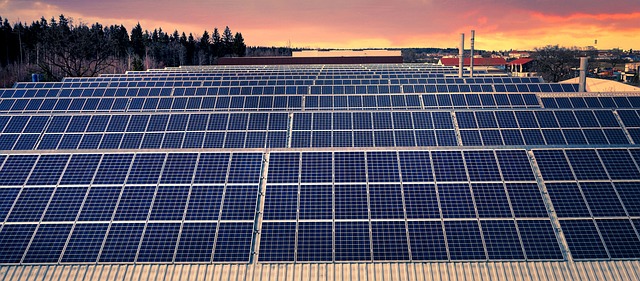
Evaluating energy consumption is a crucial step for any Real Estate owner or manager aiming to reduce electricity expenses in the long term. It involves understanding how much energy each property consumes and identifying areas where energy can be efficiently utilized or wasted. This process begins with an audit, meticulously analyzing utility bills, examining appliances and systems, and even checking for signs of leaks or inefficient insulation.
By assessing energy use patterns, professionals can pinpoint specific issues—like outdated HVAC systems or underutilized lighting—and recommend targeted upgrades. These might include installing energy-efficient appliances, updating insulation, implementing smart thermostats, or switching to LED lighting. Such measures not only reduce electricity bills but also contribute to a more sustainable and valuable Real Estate asset.
Implement Smart Home Technologies

Implementing smart home technologies is a strategic move for homeowners looking to reduce their electricity expenses in the long term. These innovative systems allow for precise control and monitoring of energy usage, enabling you to optimize your power consumption patterns. Smart thermostats, for instance, learn your preferences and adjust temperature settings automatically, reducing unnecessary heating or cooling.
In the realm of Real Estate, smart home technologies are becoming increasingly popular as they offer significant energy savings without compromising comfort. These systems can be integrated into various appliances and devices, from lighting to security systems. By programming these gadgets to operate only when needed, you can significantly lower your electricity bills over time.
Embrace Renewable Energy Sources
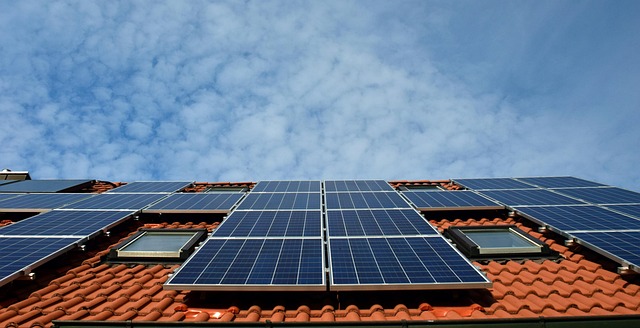
In the pursuit of slashing electricity bills over the long haul, one powerful strategy is to embrace renewable energy sources. The real estate sector has witnessed a significant shift towards sustainable practices, and it’s no surprise that harnessing renewable energy is part of this trend. By opting for solar panels or wind turbines, property owners can generate their own clean energy, reducing reliance on traditional power grids. This not only lowers electricity expenses but also contributes to environmental conservation, making it an attractive option for eco-conscious residents.
Moreover, many governments offer incentives and subsidies for adopting renewable energy solutions, further alleviating the financial burden. From solar-powered homes to community wind projects, these initiatives demonstrate a viable path towards energy independence. Embracing these technologies not only benefits individual wallets but also fosters a more sustainable future for the real estate industry and beyond.
